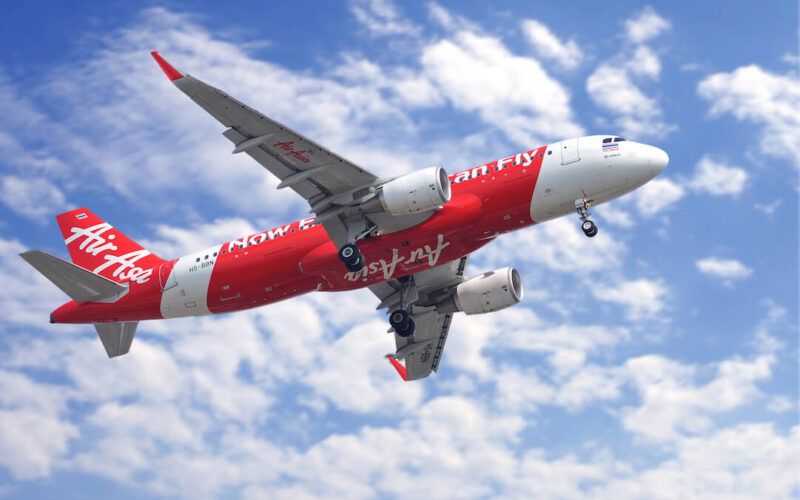After parent company Capital A unveiled its new corporate identity in late January 2022, airline group AirAsia announced a shake-up with new management and plans to diversify in a press conference on February 11, 2022.
Capital A chief executive Tony Fernandes also gave his thoughts on aviation recovery and said a completely new airline may be on the way.
Now known as AirAsia Aviation Group Limited (AAAGL), the company represents the aviation group of Capital A, with five airlines under its wing.
The management
The formation of a new board of directors for AAAGL, comprising mainly independent directors, will be separate to the board of the group holding company, Capital A, providing a dedicated focus on the aviation businesses.
Tan Sri Jamaludin Ibrahim, who has over 40 years’ expertise in the IT and telecommunications industry, was named independent non-executive chairman of AAAGL.
Tharumalingam Kanagalingam, better known as Bo Lingam, who began his career with AirAsia in 2001 as ground operations manager, was named the Group CEO of AAAGL.
The five airlines under AirAsia Aviation Group Limited are as follows, along with their respective country CEO:
AirAsia Malaysia – Mr. Riad Asmat
AirAsia Thailand – Mr. Santisuk Klongchaiya
AirAsia Indonesia – Ms. Veranita Yosephine
AirAsia Philippines – Mr. Ricardo Isla
Regional focus on Southeast Asia
COVID-19 restrictions in parts of Asia have been tougher in the rest of the world, hampering recovery, especially in China.
Tony Fernandes, Capital A’s chief executive, said in the online press conference that he is quite confident that air travel will be back in Southeast Asia “with or without China.”
Due to the pandemic, there are less people flying long-haul, so Fernandes is taking the opportunity to push inter-ASEAN travel.
Amid the optimism of travel returning to the region, Fernandes hopes that ASEAN countries will remove protocols like testing and quarantine, requirements which he describes as “points of friction” that when removed, can help rebuild tourism in the ASEAN region.
Opportunities in Indonesia and the Philippines
Fernandes describes Indonesia as his favorite country but also a challenging market, as the company has yet to see success in domestic travel within the country.
According to the UNWTO, Indonesia had about 282.9 million domestic travelers in 2019. AAAGL is determined to penetrate this growing market by increasing capacity, despite local lockdowns, and developing new routes, with hopes that by year end, the company will completely utilize its fleet of 30 aircraft.
Meanwhile, Fernandes said that he is “very thrilled” about the Philippines, where a new law has been passed allowing full foreign ownership of companies. Fernandes considers this very good news and said he hopes other ASEAN countries will follow suit and do away with “archaic” practices that can be restrictive to economines.
Malaysia, in particular, has an act established in 1965 that requires companies to have a Bumiputera status, where more than 50% of a company’s shareholders, board of directors, managerial and support staff must be Malaysian nationals.
A success model and a new airline
Having established AirAsia as a big low-cost name,, one of AAAGL’s expansion goals is to grow the low cost carrier franchise internationally as a consulting firm.
In the press conference, Fernandes also alluded to the creation of a completely new airline that, “in due course, we will announce (more details) within the next two months.”
Despite the emergence of new low cost carriers in the region over the last two years (SKS Airways in Malaysia, Super Air Jet and Trans Nusa in Indonesia), Fernandes says he is not overly concerned with competition. “Airlines come and airlines go,” he says about his observation in his 40 years in the industry.
“As long as we’re good at what we do, we’ll have a place in the market.”
The return of travel
Despite emerging sentiments that ‘travel will never be the same’, Fernandes believes that travel as we know it, will be back soon. He says that humans are inherently social and are creatures of habit, so after a period of extreme precautionary travel process, things will go back to normal.
“Not much will change,” Fernandes says about post-pandemic travel.

